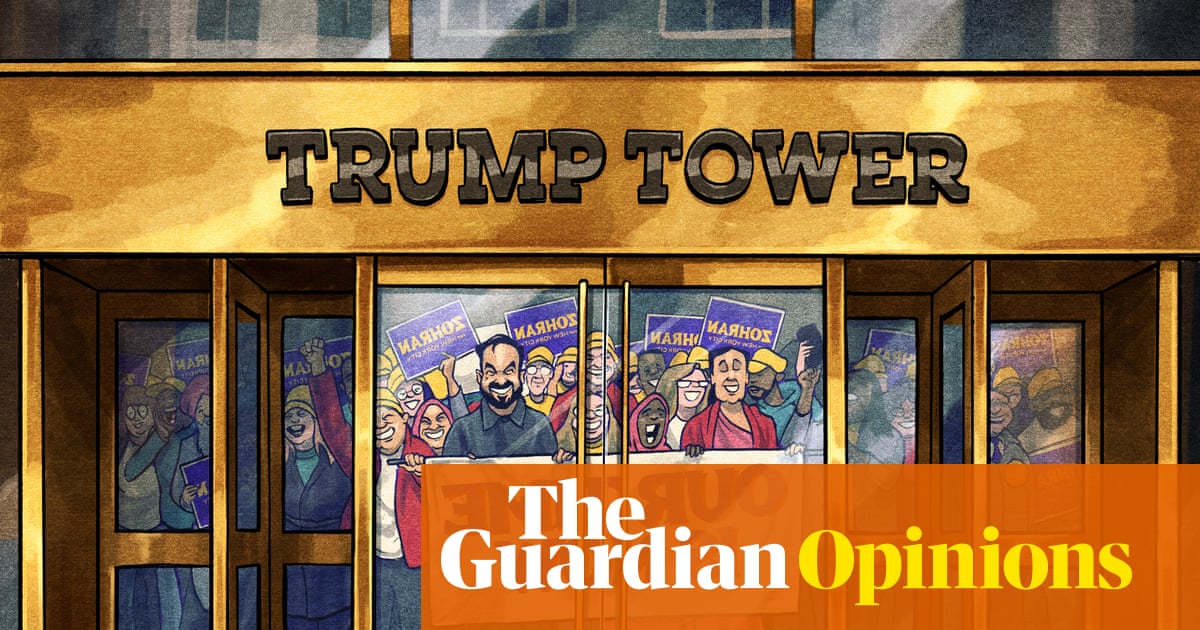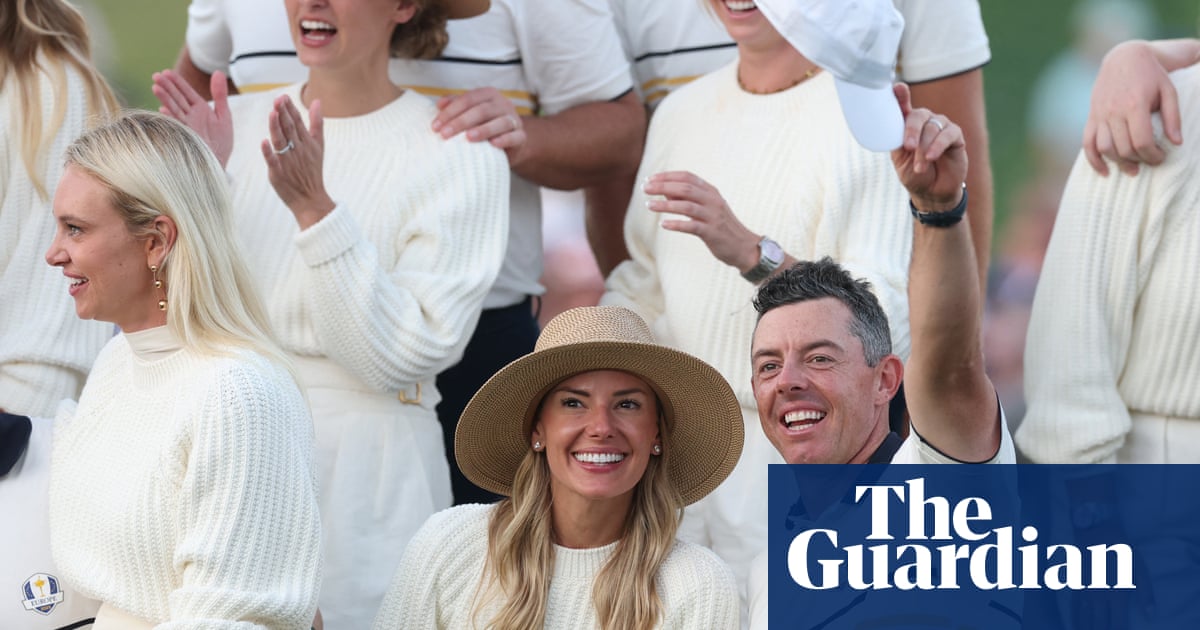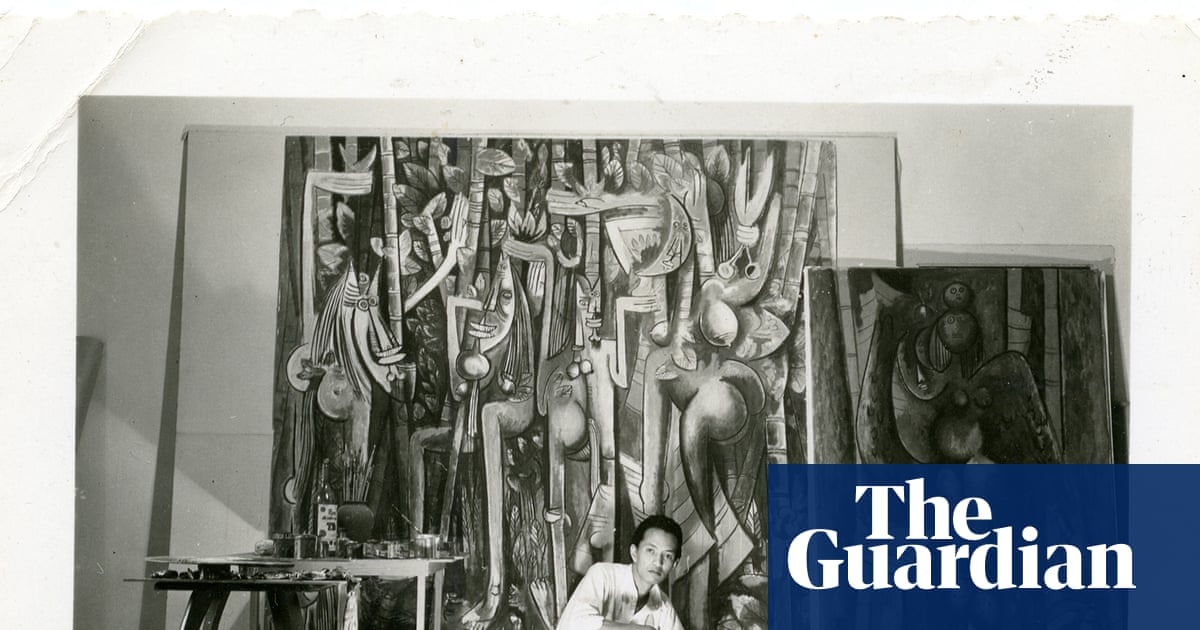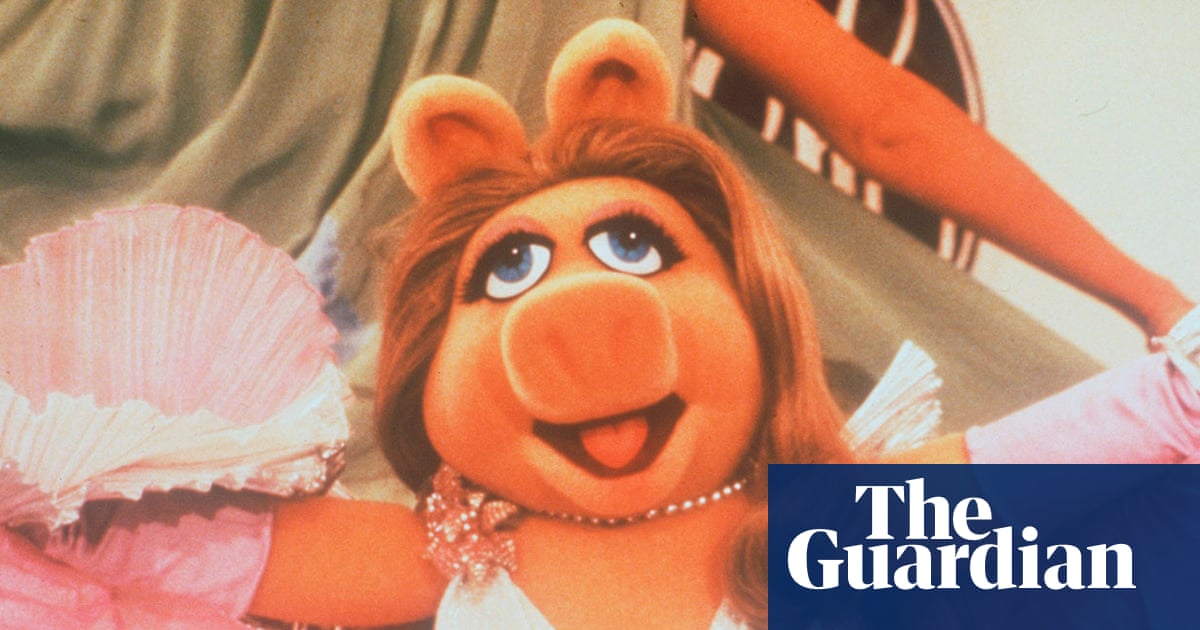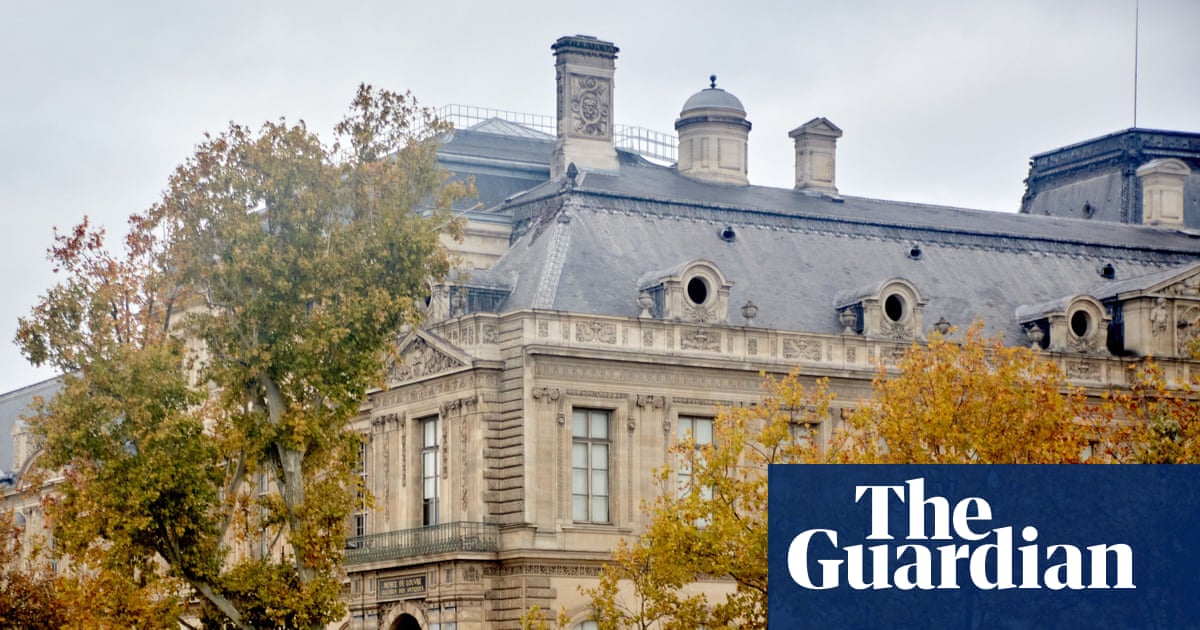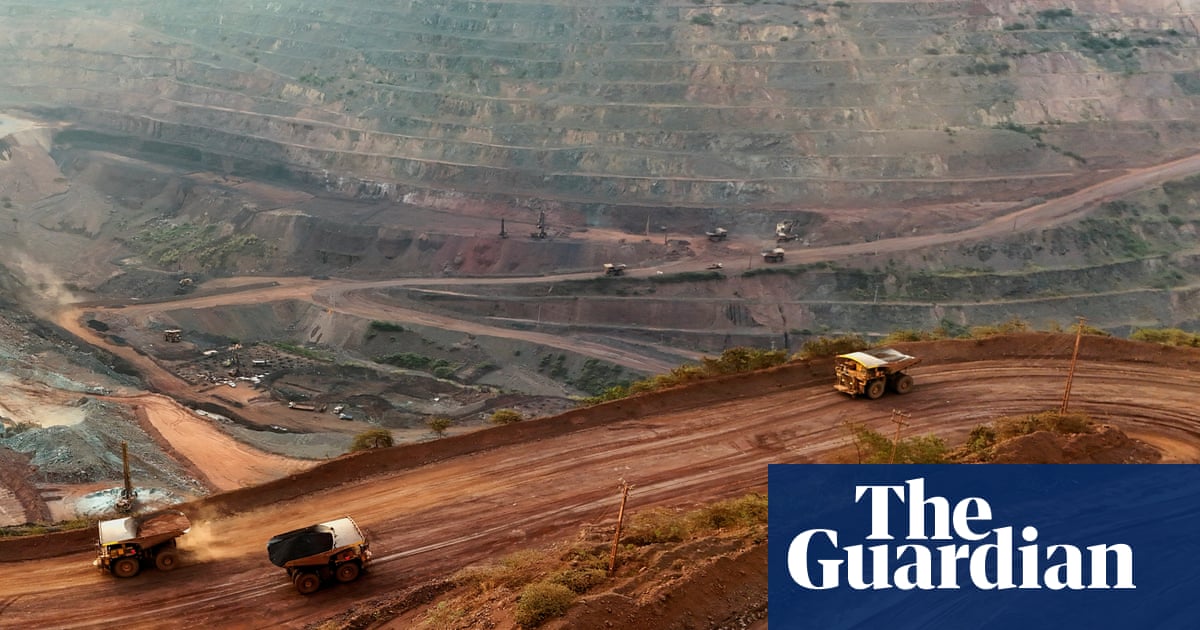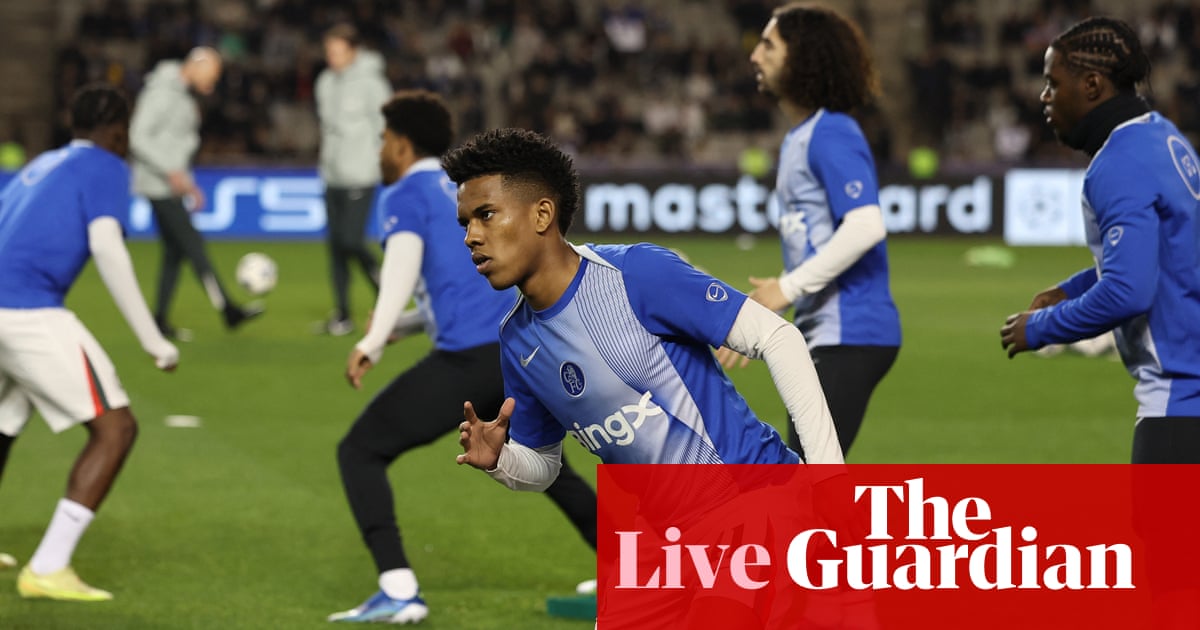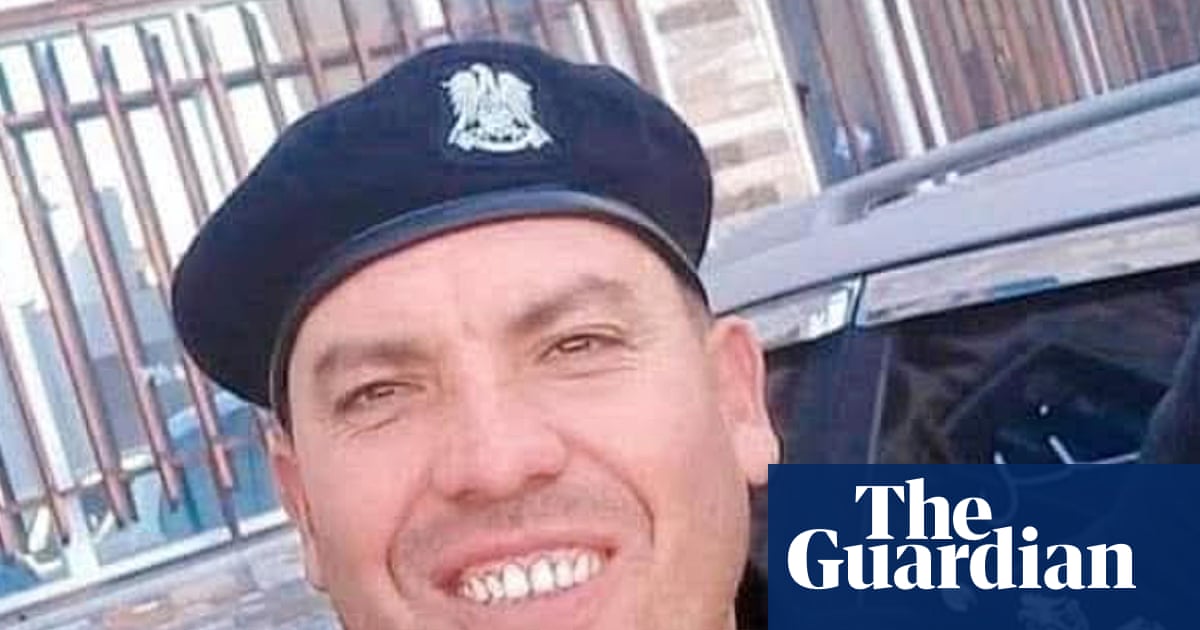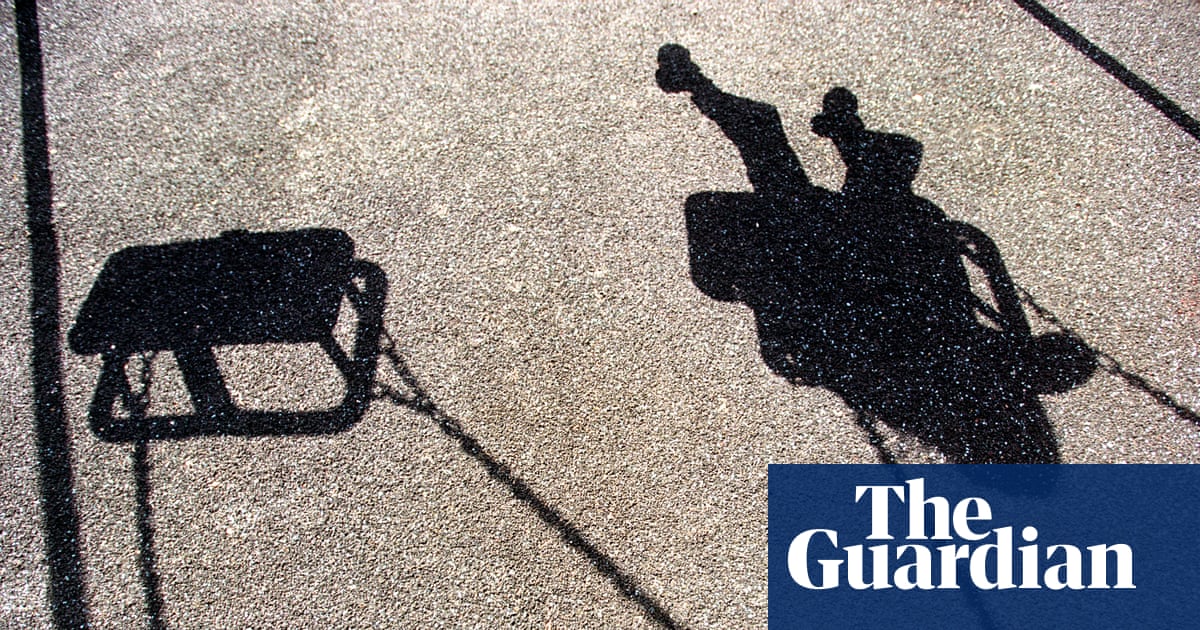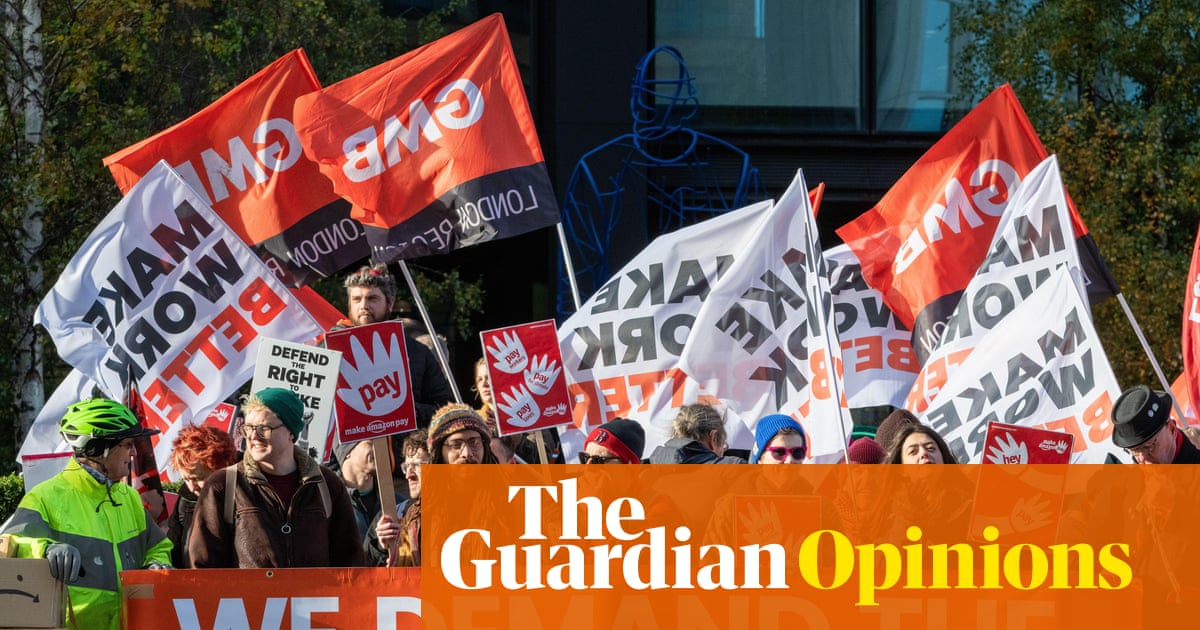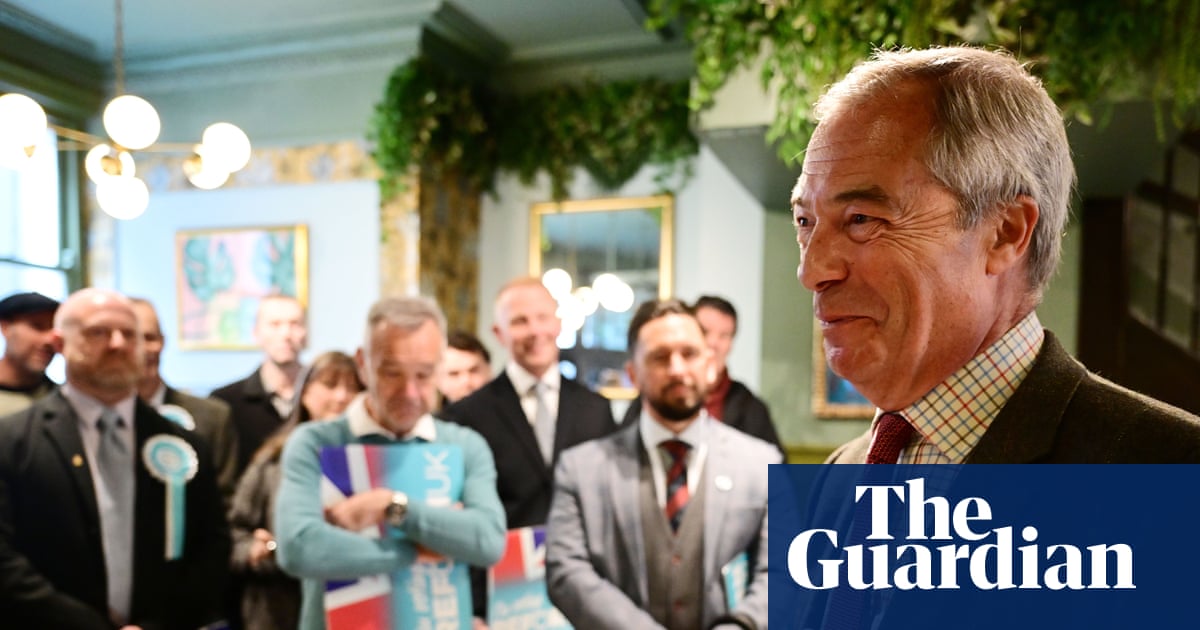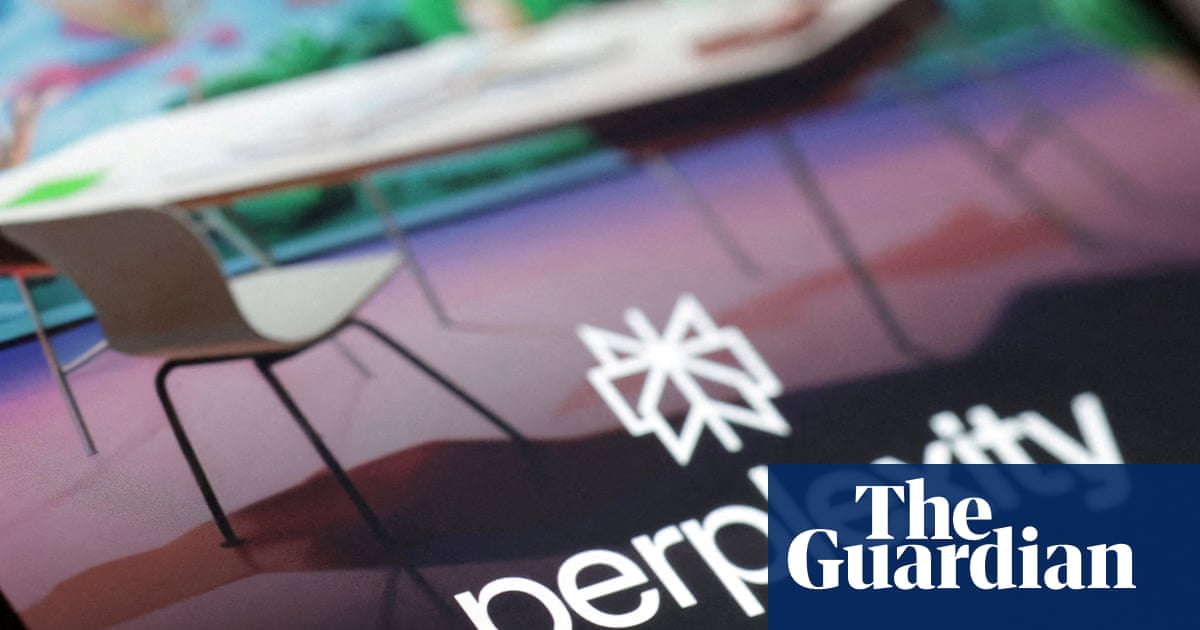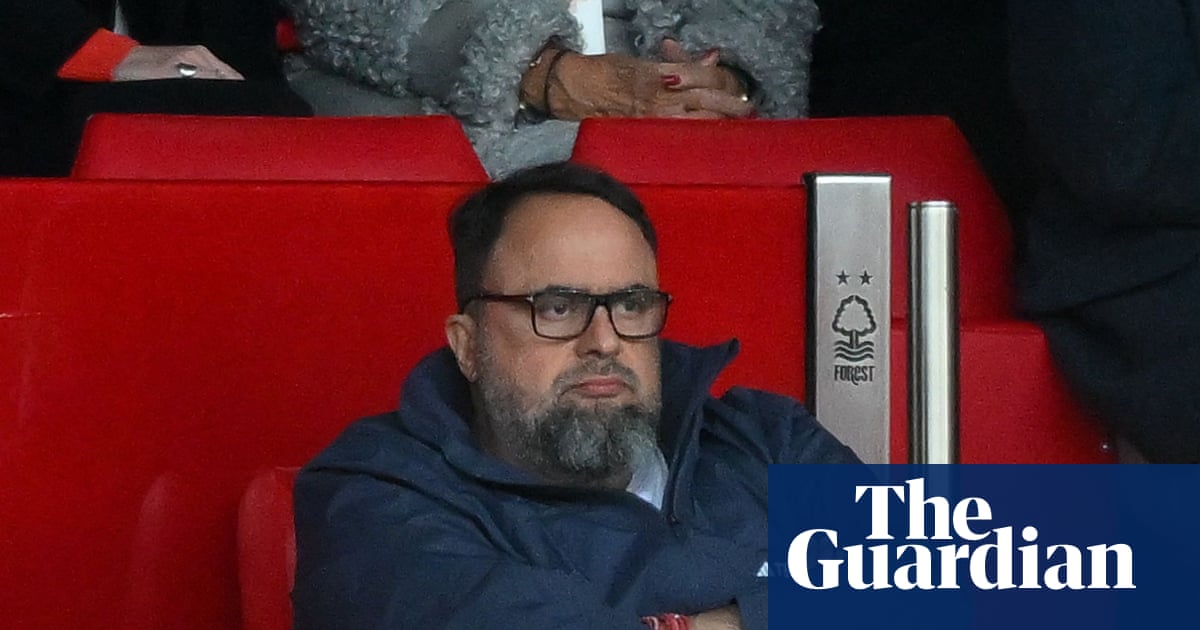It has been the most visible symbol of antiracism in sport since athletes Tommie Smith and John Carlos raised their fists in the 1968 Olympics.
Taking the knee was adopted by UK football teams in 2020, after the murder of George Floyd in Minneapolis, having been popularised by Colin Kaepernick and his teammate Eric Reid during a 2016 American football game.
But amid debate about its effectiveness in 2025, critics of the gesture may have got their wish. After defender Jess Carter revealed racist social media abuse, England’s lionesses said they would not take the knee before the Italy fixture, saying football needed “to find another way to tackle racism”, as colleagues and matchgoing fans rallied around her.
Meanwhile it’s understood the Premier League is planning to talk to club captains about whether to continue with it next season.
Piara Powar, executive director of multinational anti-discrimination organisation Fare, has insisted taking the knee remains a “powerful antiracist act”.
But in a Times radio interview this week, the UK foreign secretary, David Lammy, said the time for taking the knee “has probably passed”.
In Lambeth, south London, a historic centre of Black British life, community organiser Ros Griffiths argues the symbol has been stripped of value, because of the persistence of racial inequality and the lack of “an inclusive national conversation” on British identity in a diverse country.
Griffiths said Black sportspeople in the UK find themselves “part of the in-group when they were winning, and part of the out-group when they’re not”.
She said: “(Taking the knee is) a bit like clapping for the NHS, it’s just symbolic. For me, it’s not about taking a knee and putting your fist up in the air. It’s about being committed to dismantling systemic racism.
“In my opinion, things have got worse since George Floyd. Look at the race riots last year. And then I think of Diane Abbott being suspended for nothing else other than having an opinion based on her own lived experience of racism. Is that what we’re doing in 2025, really?
“This country has benefited from diversity but still doesn’t embrace it. What does it mean to be a British citizen? We’ve not had that conversation, and it has to start with the education system, so people understand the values and the benefits and it’s not about the in-group pushing out the out-group, or the out-group trying to push out the in-group. We don’t want any more gestures – we’re tired of that.”
The football anti-discrimination organisation Kick It Out’s last incident report found in the 23/24 season, racism remained the most reported form of discrimination, with an “alarming 47% rise in racist abuse across all levels of the game”, and the number of social media racism reports almost tripling.
Taking the knee has been questioned by Black sporting figures. In September 2020 coach and pundit Les Ferdinand said “taking the knee had been powerful … (but) the message has been lost. Months later, then-Crystal Palace forward said he was “proud to be black, no matter what” but found the gesture “degrading”. He added: “Unless action is going to happen I don’t want to hear about it.”
On the right, Nigel Farage reportedly reacted to the Lioness’s decision with predictable glee this week, having previously claimed the knee “could not be separated from the Marxist BLM political movement”. In 2021 Tory Dominic Raab said it was “a symbol of subjugation and subordination”, before saying BLM protesters had his “full respect”.
While the frequency of Premier League teams taking the knee has reduced with time, it was typically met with more applause than boos at fixtures, as a gesture of respect, solidarity, antiracism and progress within a sport that had been marred by ugly racism towards players and fans in the 1970s and 80s, with supporters including former England manager Gareth Southgate and the Professional Footballers’ Association.
The FA says it’s working with police and social media companies, adding in a statement: “We are very concerned about the rise in online abuse and discrimination.”
The prime minister, Keir Starmer, whose government is developing a social cohesion project, said he stood with players who had suffered racism. The Labour party has said it cannot comment on Diane Abbott’s suspension.

 3 months ago
100
3 months ago
100
